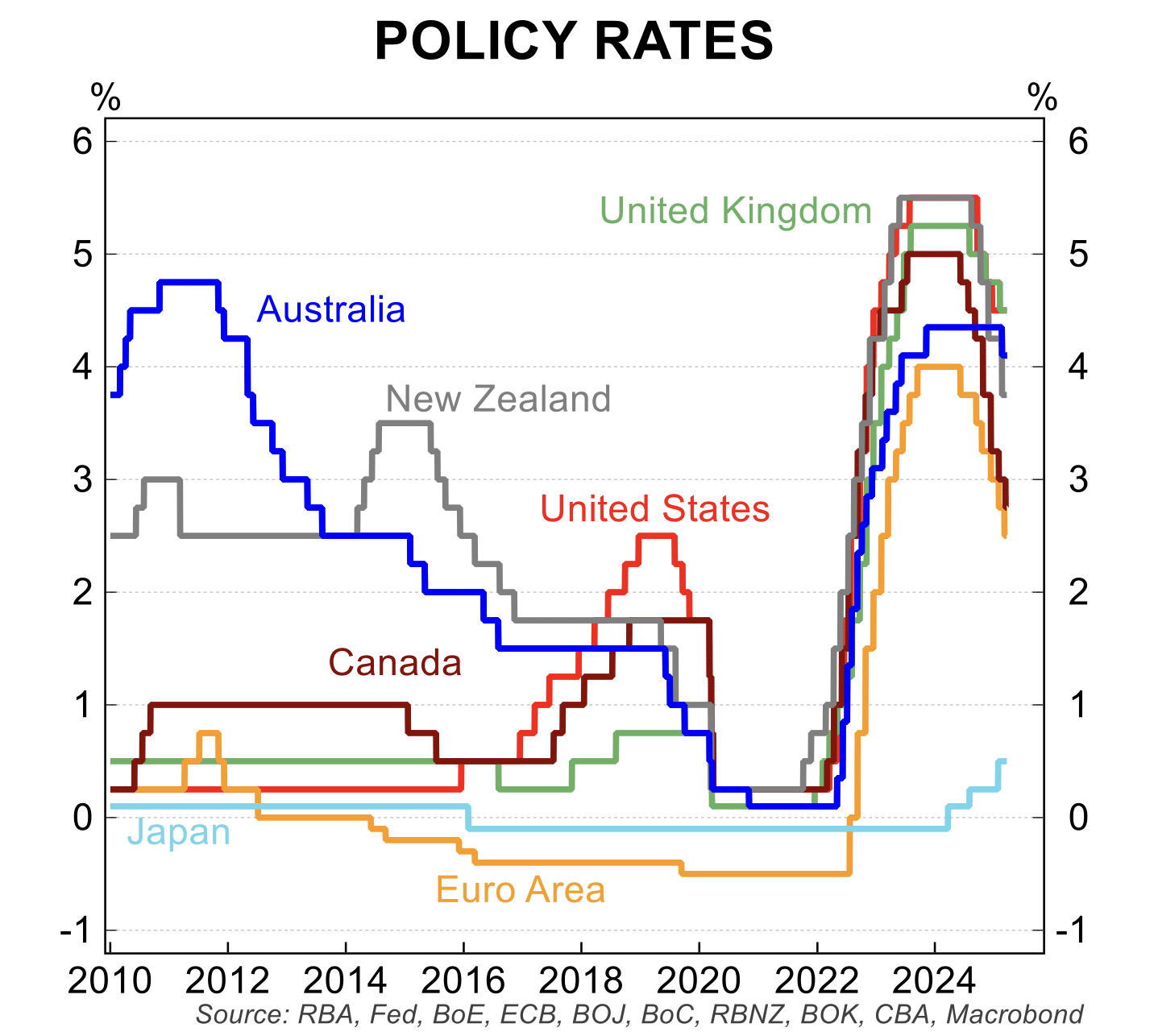Private debt has exploded onto the Australian investment scene, dominating news headlines, investor discussions, and even social media. While private debt may seem like the latest investment craze, it is one of the most established asset classes, globally, delivering diversified, risk-mitigated returns.
Australia is quickly playing catch up to more established markets, like the US and Europe, with Australian real estate private debt accelerating at an average annual growth rate of more than 20%1.
Institutions and super funds are alive to the opportunity, and demand from individual investors is rapidly growing. Yet, myths and misinformation continue to surround this burgeoning asset class.

What is real estate private debt?
Real estate private debt can be known by many names, including private credit or commercial real estate debt (CRED) which is a subset of the broader private debt umbrella. Put simply, private debt is when investors lend money to private companies or individuals (borrowers) outside of publicly traded markets, like the Australian Stock Exchange. The loan is secured against collateral, such as a commercial property, which helps to protect investor capital.
At Zagga, we specialise in project funding for tier 2, mid-market commercial real estate loans that are backed by high-grade property assets in the deepest and most liquid markets.
Many mistakenly believe non-bank loans (i.e. private debt) are inherently riskier investments than traditional bank loans. This has seen investors quick to dismiss this ‘all-weather’, defensive asset class. While it is undoubtedly important to work with a trusted, reputable investment manager, investors must separate fact from fiction when considering if private debt is right for them.
Advantages of real estate private debt
Real estate private debt can offer unique benefits, for both investors and borrowers.
For income-seeking investors, the offer of attractive, reliable and risk-mitigated returns backed by a tangible, real property asset can be a compelling investment case.
Private debt investments can often provide higher yields compared to traditional public debt instruments like bonds. This is largely due to the illiquid nature of the investment which can translate into better returns for investors.
Private debt investments typically offer regular interest payments, providing a stable income stream. This can be particularly attractive for investors seeking steady cash flow.
Including private debt in a portfolio can enhance diversification. Unlike traditional asset classes like stocks and public bonds, private debt tends to have little to no correlation with the public markets which can help reduce overall portfolio risk.
Many private debt investments are secured by collateral, such as real estate or other tangible assets. This security can help protect the principal investment and mitigate the risk of loss. Senior debt in particular sits as the highest, or most secured, layer of the capital stack. Senior debt is also commonly referred to as first mortgage secured loans, historically provided by traditional lending institutions such as banks and credit unions, but now also provided by non-bank lenders, like Zagga. Senior debt investors are given the highest priority in terms of repayment as the investment is secured by a mortgage over the property. This gives the senior debt lender recourse over the property in the event the borrower defaults on the loan
Some private debt investments, especially those with floating interest rates, can act as a hedge against inflation. As interest rates increase, the borrower’s rate also rises, leading to higher returns for investors.
How real estate private debt works at Zagga
As a specialist private debt investment manager with deep expertise in the real estate sector, Zagga works closely with borrowers to carefully understand deal specifics and structure tailored, flexible lending solutions.
By focusing on quality property assets, and backed by highly experienced, credible counterparties, we can present high-grade opportunities to our investors. Every investment is backed by a registered mortgage with investors able to choose their loan term, yield, and risk metrics to align with personal objectives and appetite.
We take a highly disciplined approach, scrutinising every transaction and carefully selecting only those projects that fit our rigorous risk requirements.
Investor capital
returned
Real estate private debt and your investment portfolio
Diversification is an important risk mitigation tool in portfolio construction and allocating to private debt can offer added benefits.
Traditionally, Australian investors have been heavily exposed to publicly traded investments, such as equities and bonds, as well as traditional assets, like brick-and-mortar property.
Private debt plays a defensive role in investment portfolios and can help to mitigate risk. This is because it is truly uncorrelated to public markets and can provide an investment exposure to property without the costs or risks associated with direct ownership, making it an effective avenue for diversification.
Real estate senior debt also sits at the top of the capital stack. This means in the event of a loan default creditors are repaid first from any sale of the asset.
In addition to its defensive characteristics, private debt can offer attractive, reliable returns above traditional fixed income assets, like bonds, and cash or near-cash investments, like term deposits.
Zagga has delivered monthly, average investor returns of 9.71% since inception. However, when considering alternative investments, including private debt, there are some important considerations to be aware of.
Case Study: Successful real estate private debt investment
Conclusion
Real estate private debt is quickly gaining traction in Australia. Investors are recognising the benefits of this diversified asset class and the potential to unlock significant investment returns. However, not all credit is created equal. It pays to do your due diligence on both the manager and investment opportunity before diving in.
At Zagga, we can help investors incorporate alternative asset classes into portfolios, improve diversification, enhance returns, and better manage risk.
To learn more, read our latest whitepaper on The power of private credit or get in touch with our team today.
1. Preqin, E&Y Research; 2023




